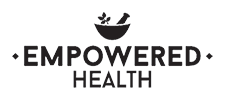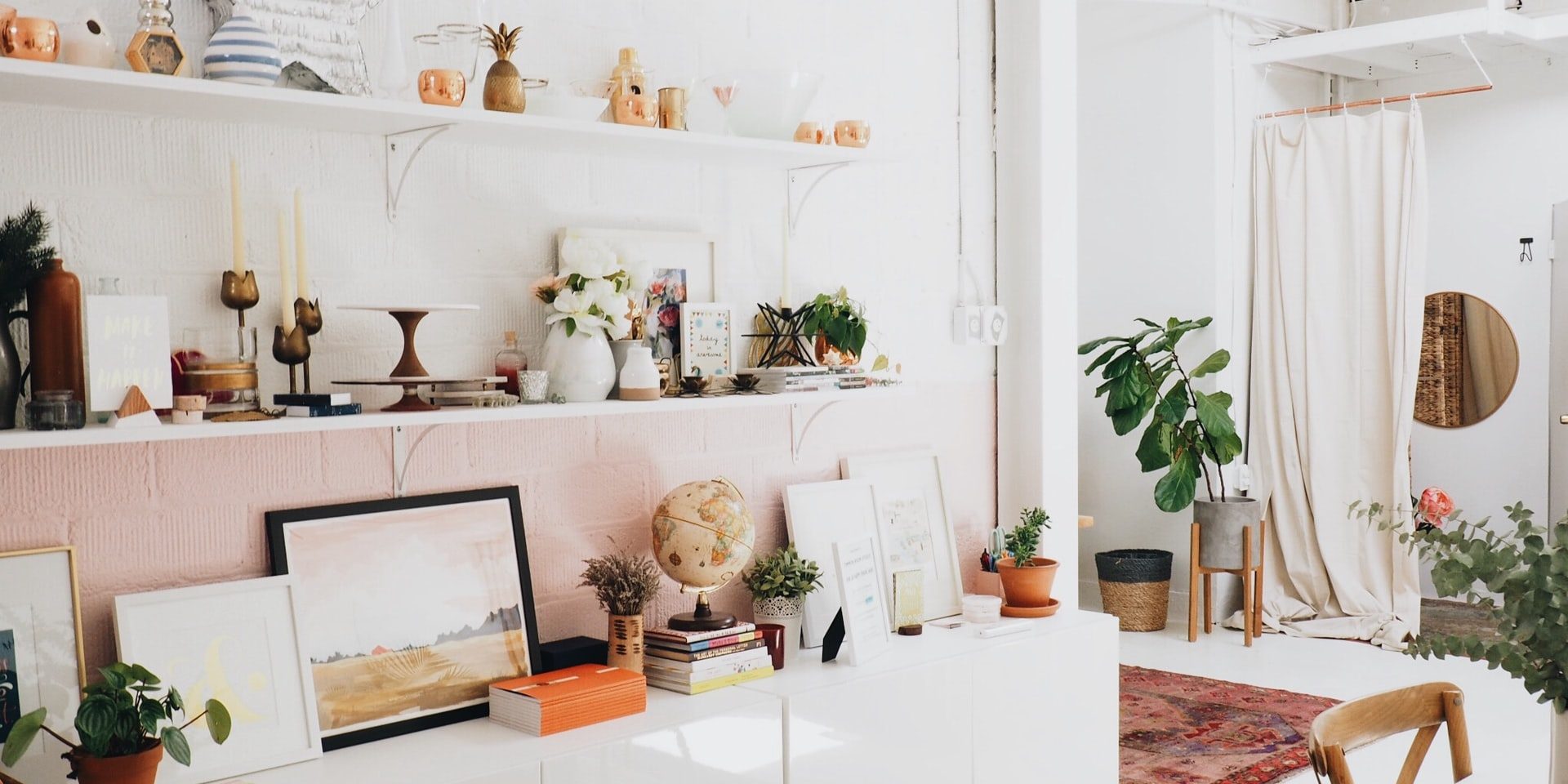Everyday we are exposed to a cocktail of chemicals that we either apply directly to our skin, use to clean our homes, consume via water and food and are surrounded by in our homes, workplaces, gardens, parks and schools.
Testing done on human blood, urine, hair and breast milk have detected food chemicals, personal care ingredients and industrial chemicals. The vast majority of these have not been tested for their cumulative impacts on human health and development.
So, what can we do? Firstly, become educated so you can make more informed choices on a daily basis to protect your health, the health of your loved ones and of course for the planet. If you are planning on becoming pregnant, are pregnant, breastfeeding or have young children it is particularly important that you reduce your chemical exposure as much as possible as young babies and children are at the greatest risk from these continuous chemical exposures. Secondly, I have put together a few ideas to help you get started.
8 ways to switch to low tox living.
- Healthy home. Take your shoes off before you enter the house as this reduces the chances of any chemicals from outside the home coming into the home. Get rid of clutter as it increases the dust load and reduces air flow. Dust your house with a slightly damp microfibre cloth and then dry. Vacuum with a HEPA filter vacuum to reduce the allergen load within the home. Use the sun to air and deodorise pillows, doonas, mattresses, pet bedding, chopping boards and soft toys.
- Eating unprocessed foods, avoiding canned foods and artificial food additives and colours is the first step in reducing your chemical exposure. Choosing organic food where possible to reduce your exposure to pesticides, GMO’s and fertilisers. This includes fruit, vegetables, meat, chicken, eggs, milk products. For your animal products this is especially important as the fat content of these products is where these long-life chemicals accumulate. For your fruit and vegetables have a look at the EWG’s dirty dozen and clean fifteen lists to prioritise organic buying. For fish lovers eat low mercury fish and enjoy the following fish: Blue mackerel, Flathead, Ocean trout, small oily fish such as Sardines, Anchovy, Herring; Atlantic salmon, Bream, Mullet and John Dory. Limit your intake to once per week for Barramundi, Gemfish, Ling, fresh Bluefin or Albacore tuna, Halibut, Sea bass.
- Reduce your use of personal care products, makeup and perfume. Avoid any products with plastic micro beads, foaming agents such as sodium laurel sulphate and preservatives such as parabens. Look at all your products from shampoos, conditioners, toothpaste, moisturiser, foundation, mascara, eye makeup, nail polishes, hairspray and antiperspirants. There are many great natural skin care and body care companies now a days and there are some wonderful products available.
- Minimise the number of household cleaners you use and avoid the use of insecticides and pesticides in the home and garden. With regards to cleaners your local health food store will have some great options or visit EWG’s DIY cleaning guide to make your own cleaners using things like white vinegar, bi-carb soda, lemon juice and essential oils.
- Don’t use perfumes and artificial fragrances such as air fresheners, fabric softeners, scented candles and cheap incense which contain phthalates which can disrupt healthy hormone signalling and balance. Essential oils and other natural alternatives make great perfumes.
- Move away from plastics. Plastic containers, plastic bags, water bottles, coffee cup lids contain phthalates and bisphenol-A which can leach into food and water particularly when it is heated. Instead store and heat food and liquids in glass, ceramic or steel containers.
- Avoid toxic cookware. Non-stick cookware coating breaks down and off gasses toxic fumes and particulates under high temperatures. For safer cooking options avoid Teflon pans and try cast iron, ceramic, steel and oven-safe glass instead.
- Use a water filter or drink spring water. Filters can reduce levels of tap water pollutants. Reverse osmosis filters are fantastic as are Carbon filter options. Do your research around whether you rent or own your house, the amount of space you have for the filter etc and visit www.buildingbiology.com.au/hazards/drinking-water for some ideas.
All these little decisions that you make every day add up and significantly impact your family’s cumulative chemical exposures.
Nicole Haak is an experienced Melbourne Naturopath whose gentle approach and warm nature enable her to be an empathetic and supportive practitioner who takes a genuine interest in her clients’ needs. She has a deep passion for what she does. This is evident by her holistic approach to helping her patients find solutions to their health concerns and improve their quality of life.







